
Date: 2024-12-21 Page is: DBtxt003.php txt00015267
Impact
Impact Measurement
Entrepreneurs #ChangeTheWorld ... How Social Entrepreneurs Begin To Measure Impact ... Accountability, measuring the impact, is how you become effective
Burgess COMMENTARY
Peter Burgess
Entrepreneurs #ChangeTheWorld ... How Social Entrepreneurs Begin To Measure Impact ... Accountability, measuring the impact, is how you become effective
This is the first in a series of articles about impact measurement for social entrepreneurs.
There are two keys to becoming a good social entrepreneur. Intentionality, that is intending to have a positive social impact rather than merely delivering one incidentally, is how you become a social entrepreneur. Accountability, measuring the impact, is how you become an effective one.
Measurement, however, is not straightforward for most social entrepreneurs. To help guide startup social entrepreneurs on the measurement of impact, I’ve reached out to some of the leading practitioners and experts in the impact arena to comment.
It may not be as difficult as it seems, at least for now, says Stephanie Gripne, Founder and Director, Impact Finance Center & CO Impact Days and Initiative. “The majority of individuals and families [investing in social entrepreneurs] can still be satisfied with basic impact premises and themes, much as they’re satisfied with generalized results from gifts to charities. For now, the democratization of impact investing is being led by values and principles more than measurable outcomes.”
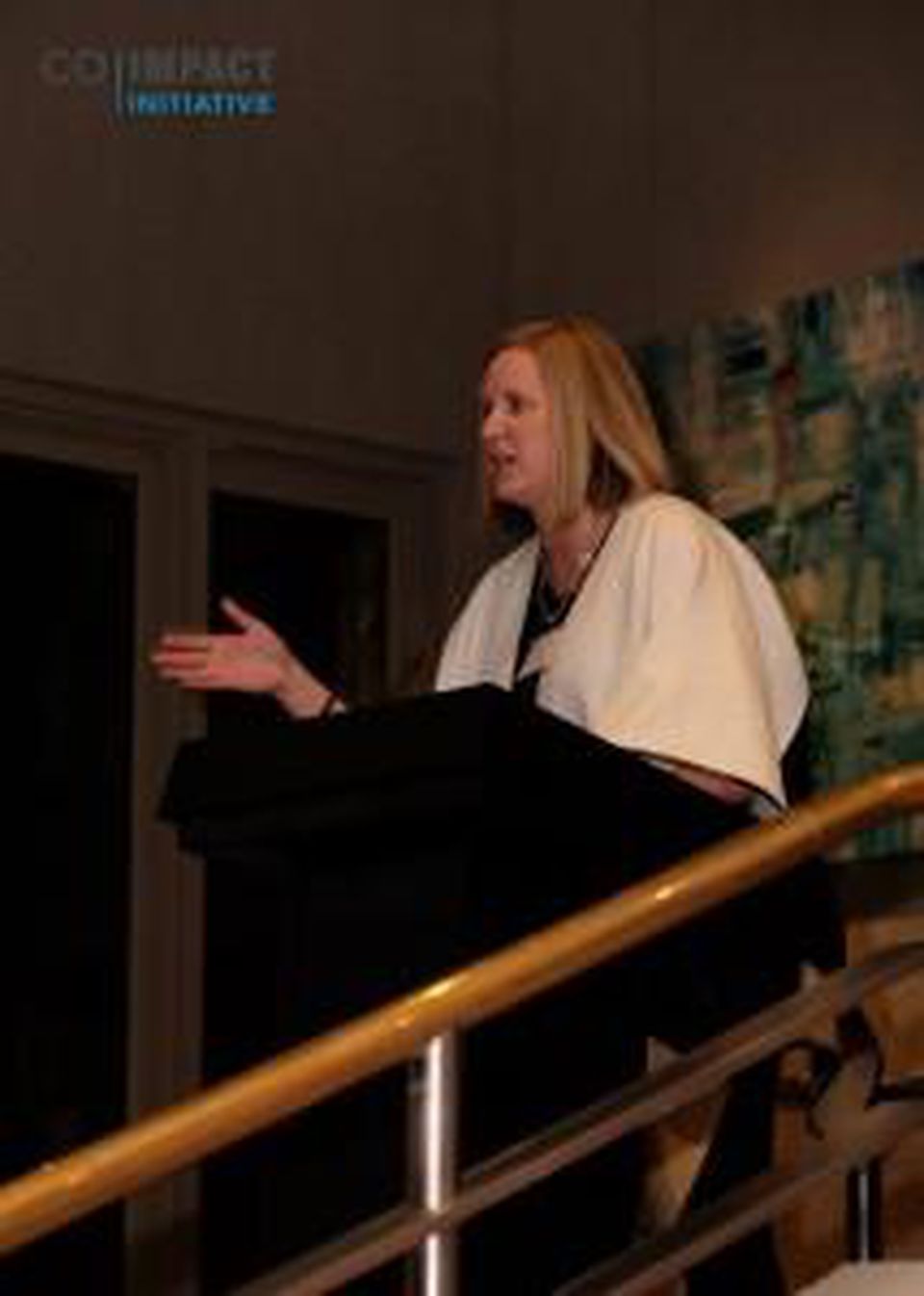
Stephanie Gripne, courtesy of the Impact Finance Center
Stephanie Gripne, courtesy of the Impact Finance Center
“Even many institutional investors and advanced investors,” she continues, “are satisfied with ‘outputs – acres conserved, ex-offenders employed, fair-trade products sourced, etc. – as long as the units counted seem reasonable. A smaller percentage (but perhaps a more vocal and well-publicized percentage) are seeking real ‘outcomes’ – the types of harder, longer-term measures that drive Social Impact Bonds for example.”
Cathy Clark,
Director, CASE i3 at Duke, highlights the importance of defining a “theory of change.” She says, “This is basically an ‘if-then’ statement that relates their activities to the change they seek. Every social entrepreneur needs to make this argument about their impact. Using that theory, they can they start to recognize assumptions in the theory and track measures that help test how well things are actually occurring.”

Cathy Clark, courtesy of CASE i3
Credit: CASE i3
Cathy Clark, courtesy of CASE i3
---------------------------------------------------------------
Cecile Blilious, Founder, Managing Partner, Impact First Investments, echoes Clark. “Entrepreneurs should be able to describe their theory of change and work towards creating a social impact plan in parallel with their business plan.”

Cecile Blilious, courtesy of Impact First Investments
Credit: Impact First Investments
Cecile Blilious, courtesy of Impact First Investments
---------------------------------------------------------------
Similarly, Uma Sekar, Impact & ESG Manager, Capria Ventures, suggests starting with an impact thesis. “Entrepreneurs should start with an impact thesis or strategy, set goals that are achievable and align their core metrics. Some of the common metrics are lives impacted, job creation and geographic coverage. The more specific they are about the populations they are addressing--base of the pyramid, low income, minorities, women, refugees, etc.--the better. If it is an environment focused company - energy conservation, carbon footprint are common measures.
---------------------------------------------------------------
Lisa Curtis, founder & CEO, Kuli Kuli, suggests identifying a short list of key measures. “Social entrepreneurs should understand how their high-level vision translates down into 3-5 key metrics that are quantifiable. They should be able to articulate what success in 10 years would look like in terms of those metrics, whether it’s the number of trees planted, livelihoods created or investment made.”

Lisa Curtis, courtesy of Kuli Kuli
Credit: Kuli Kuli
Lisa Curtis, courtesy of Kuli Kuli
---------------------------------------------------------------
Focus on measuring the one thing you’re looking to do, says Nell Derick, Founder and CEO, Inspiring Capital. “A simple, customized, quantitative standard related to their self-proclaimed target impact. For example, we've been measuring our professionals' and clients' reaction to the question, ‘Do you better understand how to use your or your employees' business skills (e.g. finance, strategy, marketing and operations) to advance social good?’ since our first programs in 2014. It's not part of a public index or measure, but it tells US if we're doing what we set out to do, and the very design (and ongoing choosing) of that question forces us to clarify the one thing we're looking to do in the world.”

Nell Derick Debevois, courtesy of Inspiring Capital
Nell Derick Debevois, courtesy of Inspiring Capital
---------------------------------------------------------------
Laurie Lane-Zucker, Founder & CEO, Impact Entrepreneur Center for Social and Environmental Innovation, suggests putting impact measures into a broader context. He says, “Global sustainability context is also important in this discussion of impact measures. Grounding social entrepreneurship in widely accepted contextual touchstones such as the United Nations' Sustainable Development Goals helps: a) provide sustainability context for impact investors keen on seeing 'the big picture,' b) facilitates comparisons between different investment opportunities addressing the same sector (i.e. water, climate, poverty, food), and c) helps ESG [environmental, social and corporate governance] reports using (hopefully) similar impact measurements be more comparable and transparently answerable to macro social and environmental needs.”

---------------------------------------------------------------
Matthew Weatherley-White, Co-Founder, Managing Director, The CAPROCK Group, cautions that no single set of metrics will work for all social ventures. “We believe that there are no universal impact key performance indicators. Instead, social entrepreneurs should be prepared to measure, on day one, whatever impact metrics are endogenous to the operations or mission of their enterprise. Far too often, social entrepreneurs believe that tracking and reporting on a host of socially-aware metrics will make their business ‘more’ impactful... when, in fact, doing so may be (at best) a distraction to operating the business or (at worst) a distorting force, putting at risk the survival of the enterprise. Seen through this lens, impact measurement can be interpreted as answering the question of ‘materiality’: what impact measures are critical to the survival of the enterprise. That set of measures should be what the entrepreneur strives to report the day the doors open.
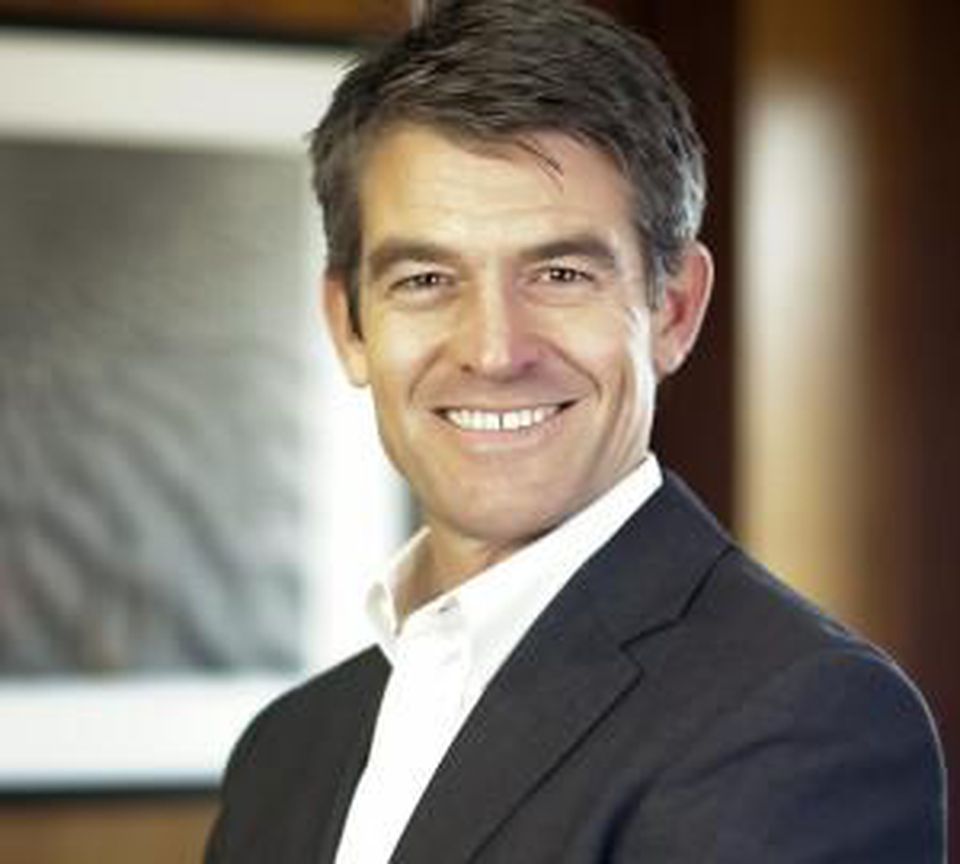
Matthew Weatherley-White, courtesy of Cap Rock.
Credit: Caprock
Matthew Weatherley-White, courtesy of Cap Rock.
---------------------------------------------------------------
Gary White, CEO & Co-founder, Water.org, also emphasizes the unique measurement challenges each social venture will face. “For enterprises like Water.org and WaterEquity, we are very much focused on delivering impact in the form of number of people reached with water and sanitation improvements. For our WaterEquity initiative, we also look at IRIS metrics and commit to reporting within that framework.”
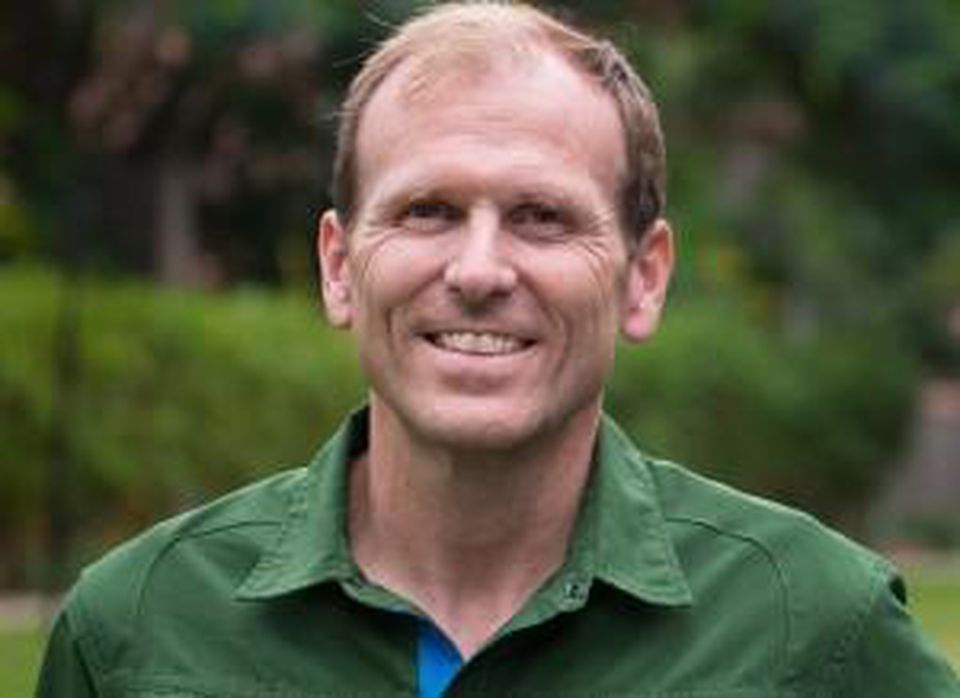
Gary White, couresty of Water.org
Gary White, couresty of Water.org
---------------------------------------------------------------
Matthew Davis, CEO, RENEW, an impact investing firm focusing on Ethiopia, notes that for some ventures impact measure is relatively simple. “In the part of the world where I invest (Africa), where job creation is desperately needed and starting and growing a business is very challenging, the best impact is a healthy growing business that is managed by ethical leaders. Therefore, growth and good governance must be a priority from day one.”

Matt Davis, courtesy of Renew LLC
Matt Davis, courtesy of Renew LLC
---------------------------------------------------------------
Peter Fusaro, Chairman, Global Change Associates, agrees. “Hopefully, they should be focused on the ESG metrics of environmental benefits, job creation and be ethical vis a vis transparency.”
---------------------------------------------------------------
Bobby Turner, CEO, Turner Impact Capital, also recommends ESG metrics. “At Turner Impact Capital, our reports provide financial, social and environmental metrics for our investors to track. By doing so, one can then see the correlation and interdependency between profits and purpose, i.e. a reduction in carbon footprint leading to lower utility costs or a reduction in crime translating into lower insurance costs and thus higher profit margins.”
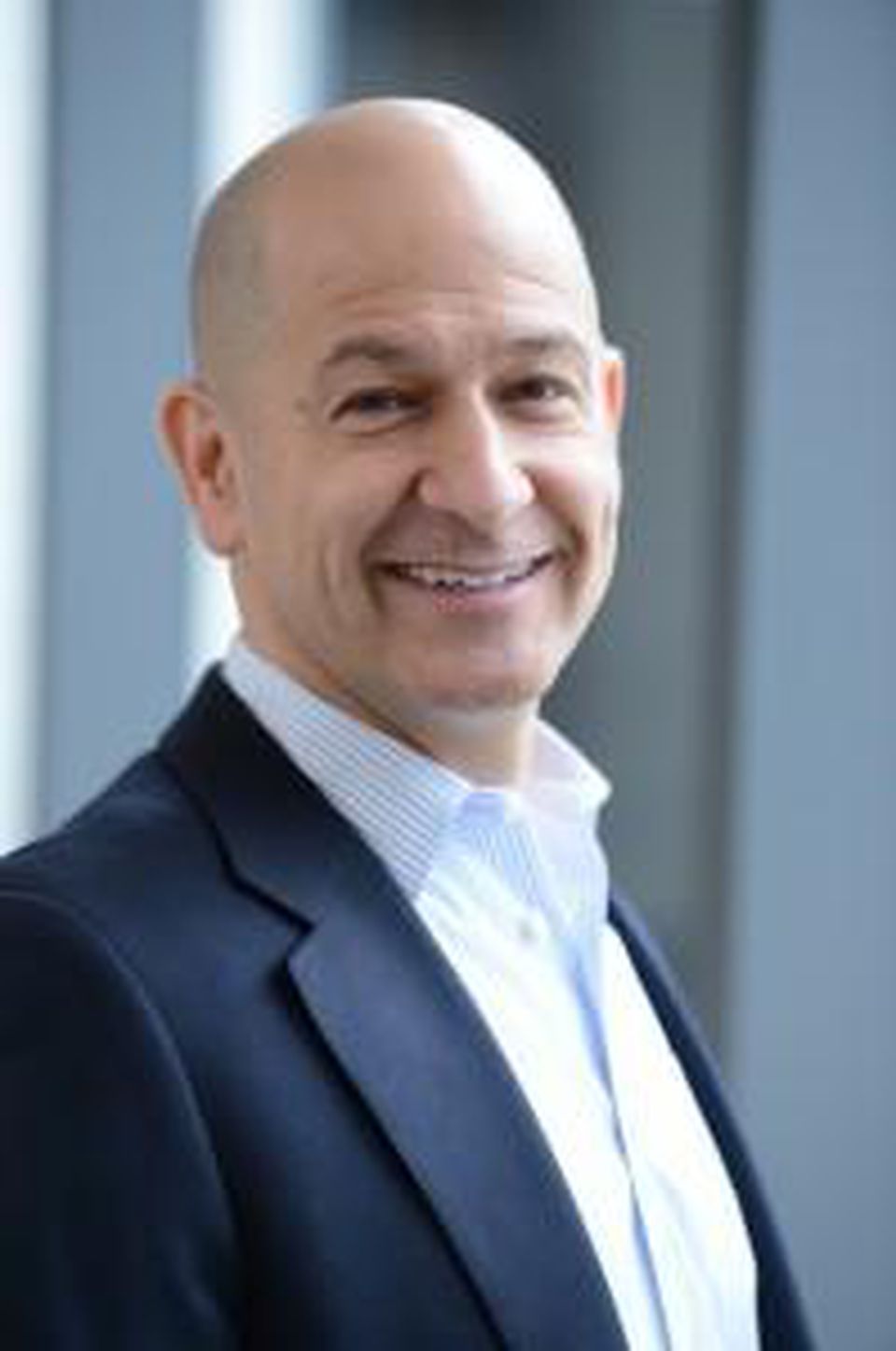
Bobby Turner, courtesy of Turner Impact Capital
Bobby Turner, courtesy of Turner Impact Capital
---------------------------------------------------------------
Daniel Jean Louis, CEO, Bridge Capital, operating in Haiti, suggest even more basic measures, starting with “customer and employee satisfaction” because they are “much easier to track.”
Balance qualitative measures with quantitative measures, suggests Topher Wilkins, CEO and founder, Opportunity Collaboration and Conveners.org, respectively. “In general, it's best to be able to justify both quantitative and qualitative impact, i.e. data-driven metrics (how many more children are now attending school, what percentage of women are now surviving childbirth, what's the increase in average household income, etc.) alongside stories or testimonials from beneficiaries, e.g. ‘before X organization came to my village, it was very difficult to feed my entire family, but now I can provide at least two meals a day and no one is hungry anymore.’”
---------------------------------------------------------------
Expanding on this idea, Lisa Hagerman, Director of Programs, DBL Partners, says, impact measures should include narratives and quantitative measures about the programs and practices related to the target impact. These should include “narratives across: public policy, environmental stewardship, workforce development, community engagement, and, quantitative metrics across: job creation, quality of jobs & benefits offered (including wealth creating programs such as Employee Stock Ownership Plans), environmental metrics, supply chain accountability, among others.
---------------------------------------------------------------
Some investors do have more specific guidelines. Joel Solomon, Chair, Renewal Funds, says, “We are a B Corp Fund. We strongly encourage, but don’t require, portfolio companies to become B Corp. We use the B Corp questionnaire as part of our due diligence before final investment. We prioritize B Corp companies for our intake process.”

Joel Solomon, courtesy of Renewal Funds
Joel Solomon, courtesy of Renewal Funds
---------------------------------------------------------------
Impact takes time so reporting on impact will improve over time, says, Laura Callanan, Founding Partner, Upstart Co-Lab. “If this is a new enterprise, there will be a trajectory to actually deliver impact just like there will be a trajectory to deliver financial return. Impact investors need to think like investors first and foremost and recognize it takes time to build a business and see results, all kinds of results.”
---------------------------------------------------------------
Lauryn Agnew, President, Seal Cove Financial and Founder, Bay Area Impact Investing Initiative, agrees. “We also need to measure both outputs and outcomes, which can take decades. Biotech investments seek the outcome that lives are saved over decades.”
---------------------------------------------------------------
Ultimately, measurement isn’t a panacea. Morgan Simon, Managing Director, Pi Investments, says, “At Pi Investments, we try to focus on impact management above and beyond measurement--ensuring both fund managers and entrepreneurs have a clear vision of how they will enhance the impact of their work over time.”
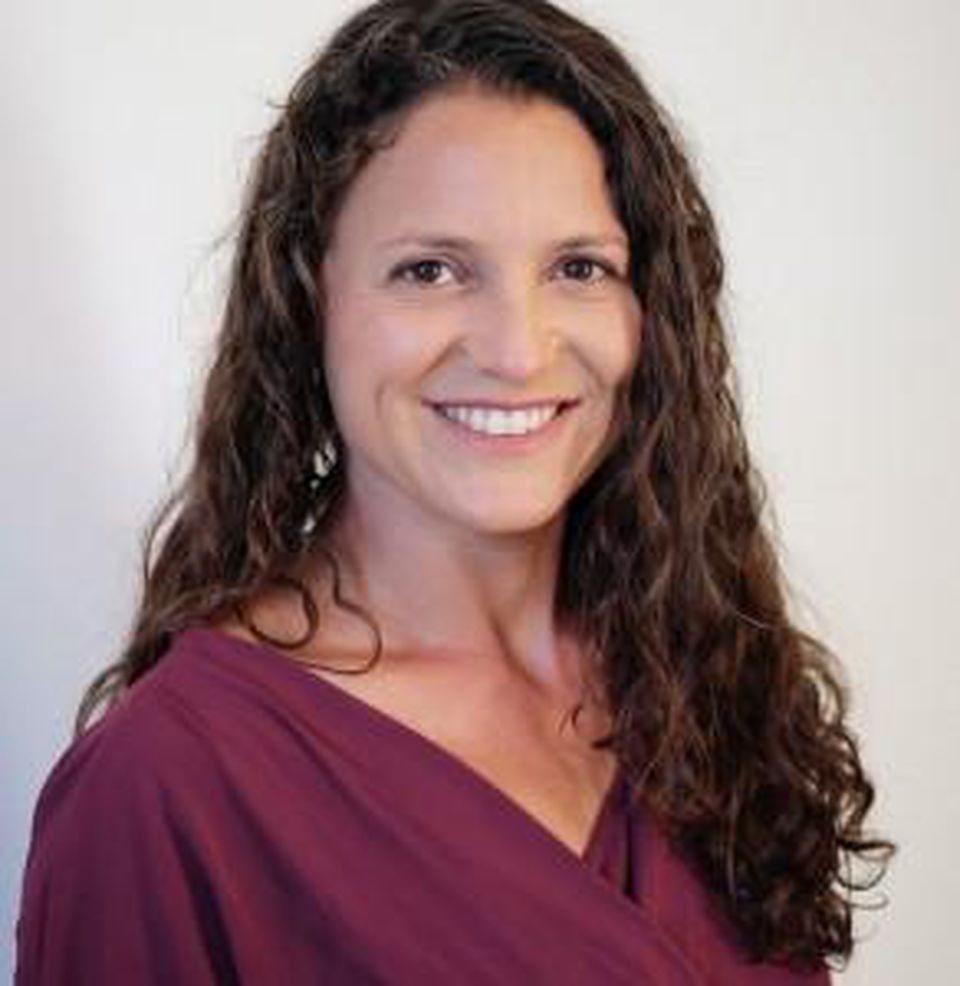
Morgan Simon, courtesy of PI Investments
Credit: PI Investments
Morgan Simon, courtesy of PI Investments
Lane-Zucker, emphasizes the organization of the enterprise to minimize measurement challenges. “The more that entrepreneurs can bake double and triple bottom line values into their DNA (mission, legal structure, reporting, etc.) from the earliest stages of their project, the easier it will be to locate appropriate measures as the business begins to take shape and mature.”
#impmeas
------------------------------------------------
Opinions expressed by Forbes Contributors are their own.